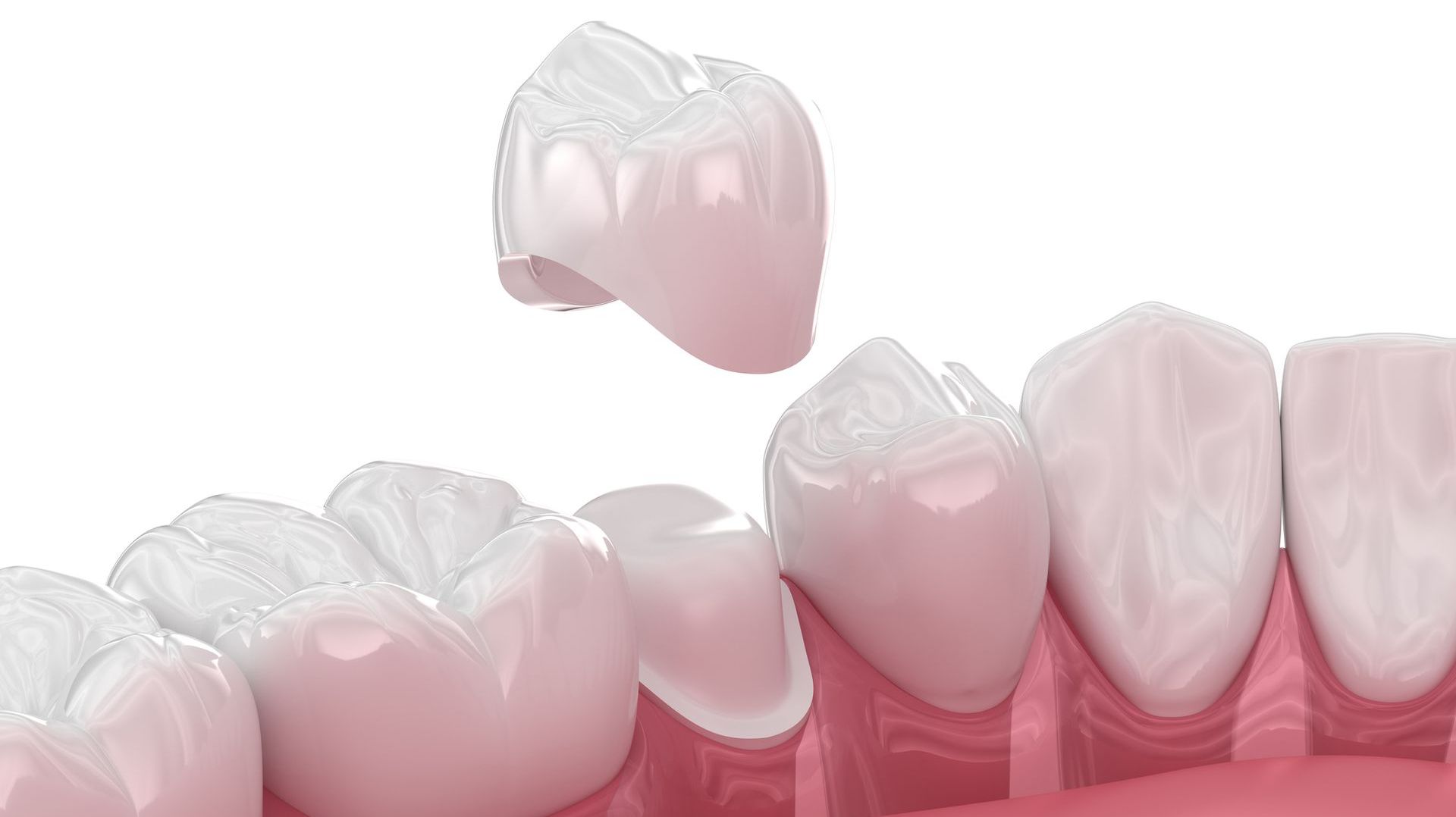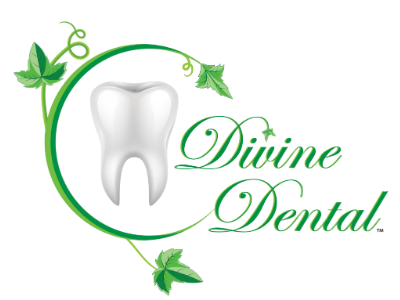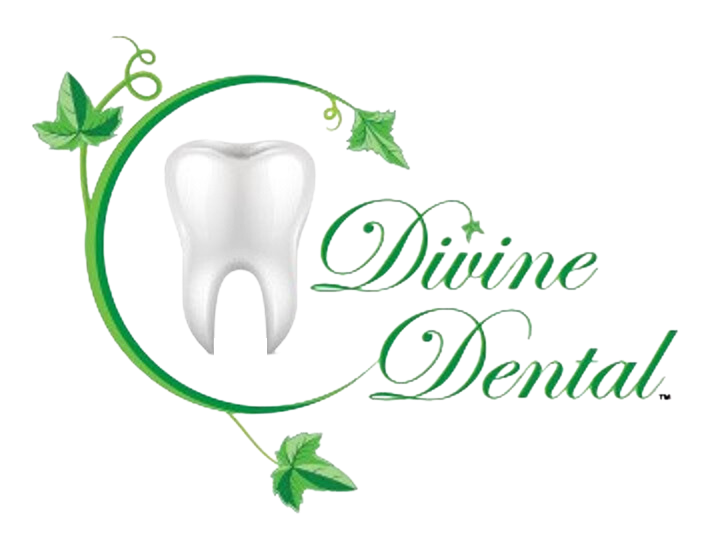An Overview of Different Emergency Dental Services
Dental emergencies can occur unexpectedly, causing stress and discomfort. Knowing the available emergency dental services is crucial for prompt action and relief. In this comprehensive guide, we will provide an overview of various emergency dental services, their importance, and what you can expect from each one.
Emergency Tooth Extraction

Emergency tooth extraction may be necessary when a tooth is severely damaged, infected, or causing intractable pain and swelling. It is typically considered a last resort when other treatment options are not viable. An emergency tooth extraction can be a simple or surgical procedure, depending on the complexity of the situation.
When it comes to dental procedures, one of the most common ones is tooth extraction. There are two different types of tooth extraction: simple and surgical. Simple extractions are generally performed on teeth that are fully visible and intact. In contrast, surgical extractions are necessary for teeth that are impacted or have broken off at the gum line.
Surgical Extractions
Surgical extractions require a bit more work than simple extractions. In a surgical extraction, the dentist may need to make an incision in the gum to access and remove the tooth. This can be a bit more uncomfortable than a simple extraction, but local anesthesia is administered.
It's important to note that while tooth extractions may sound daunting, they're often necessary to protect the health of your teeth and gums. If you're experiencing tooth pain or discomfort, you must speak with your dentist as soon as possible to determine whether tooth extraction is necessary. With the proper care and attention, you can ensure your teeth stay healthy and strong for years.
Post Extraction Recovery
After an emergency tooth extraction, adhering to the dentist's post-operative instructions is crucial. This may involve taking pain relief medication, using ice packs to reduce swelling, and consuming only soft foods while the extraction site heals. The dentist may also offer advice on maintaining oral hygiene during recovery. To guarantee proper healing and decrease complications, providing adequate care and attending follow-up appointments is critical.
In addition to adhering to the dentist's post-operative instructions, avoiding smoking, spitting, or using a straw for at least 24 hours after the extraction is essential. These actions can cause the blood clot in the extraction site to dislodge, leading to a painful condition known as a dry socket.
During the recovery period, it is also recommended to avoid strenuous physical activity, as this can increase blood pressure and lead to bleeding at the extraction site. Patients should also avoid consuming hard or crunchy foods, damaging the extraction site and delaying healing.
If you experience severe pain, bleeding, swelling, or signs of infection, such as fever or pus discharge, contact your dentist immediately. These symptoms may indicate complications requiring prompt treatment to prevent further damage.
Remember, proper care and follow-up appointments are essential for true healing and reducing the risk of complications. Following your dentist's post-operative instructions and taking good care of your oral health can ensure a smooth and speedy recovery after an emergency tooth extraction.
Treatment for Fractured or Broken Teeth

Having a fractured or broken tooth can be a painful and uncomfortable experience. It's crucial to seek immediate dental care to prevent further damage and alleviate discomfort. In this article, we will discuss the different treatment options available for these conditions, depending on the severity of the fracture.
Minor Fractures: Bonding
If you have a minor fracture, bonding is a popular treatment option that can help restore your tooth's appearance and function. During this procedure, a dentist will carefully apply a tooth-colored resin to the affected area, shaping it to match your natural tooth and using a special light to harden it. The bonding material can last for several years, making it a long-lasting solution for small cracks and chips that can occur due to accidents, injuries, or decay.
While bonding is relatively quick and painless, it is essential to note that it is unsuitable for tooth damage. If your fracture is severe or affects a large portion of your tooth, your dentist may recommend a different treatment option, such as a crown or veneer. Additionally, bonding material can stain more easily than natural tooth enamel, so you may need to avoid certain foods and drinks to maintain its color over time.
Overall, bonding is a safe and effective way to restore your smile and improve oral health. If you are experiencing tooth pain or damage, please schedule an appointment with your dentist as soon as possible to determine the best action for your needs. With proper care and maintenance, bonding can provide you with a confident and healthy smile for years to come.
Moderate Fractures: Filling
When it comes to dental health, addressing any issues as soon as possible is essential to prevent further damage. In cases where a tooth has been fractured, the severity of the fracture will determine the required treatment. A filling may be necessary if the fracture is severe and has affected the tooth's structure or pulp. During this procedure, the dentist will remove any damaged or decayed material and replace it with a suitable dental material to restore the tooth's strength and shape. This can typically be done in a single visit, and the filling can last for several years before needing to be replaced. It's essential to follow the dentist's instructions for proper oral hygiene to ensure the longevity of the filling and the health of your teeth.
Severe Fractures: Dental Crown
A tooth fracture can be a painful experience impacting your oral health and overall well-being. If the fracture is severe and extends deep into the tooth, a dental crown may be recommended as a solution. This cap is uniquely designed to cover the entire tooth, protecting and restoring its functionality and appearance.
Dental crowns can be made from various materials, including porcelain, metal, or both. Each material has unique benefits and drawbacks; your dentist will help you determine the best fit for your needs.
One of the advantages of a dental crown is that it can address a wide range of dental issues, such as cracked or broken teeth, large cavities, or even cosmetic concerns like discoloration or misshapen teeth. Dental crowns can last many years with proper care and maintenance, making them a durable and long-lasting solution for many patients.
If you are experiencing tooth pain or have concerns about the appearance or functionality of your teeth, please speak with your dentist as soon as you can. They can help you determine if a dental crown is the right option and guide you through getting one. With the proper care and attention, a dental crown can help you maintain a healthy, beautiful smile for years.
Root Canal Therapy
When a tooth fracture extends to the pulp, it can be excruciating and may lead to an infection. Root canal therapy is often necessary in these cases to prevent further complications. The affected pulp is removed during this procedure, and the root canal is carefully cleaned and disinfected. Once this is done, the channel is sealed to prevent further problems.
To ensure the best possible outcome, a dental crown is often placed on the treated tooth to provide additional support and help protect it from damage in the future. This can help to prevent further fractures or breaks from occurring and can help to keep the tooth healthy and strong for years to come.
Although root canal therapy may sound intimidating, it is a routine procedure for millions of patients yearly. With the proper care and attention, you can get through the process with minimal discomfort and enjoy a healthy, pain-free smile again.
Extraction
If your tooth is severely damaged or decayed, your dentist may recommend extraction as the best course of action. While losing a tooth can be discouraging, several tooth replacement options are available to help you regain your smile and oral functionality. Your dentist can discuss these options, including dental implants, bridges, or dentures. Dental implants are a popular choice for their natural look and feel, and they can last for many years with proper care. Bridges are another option that can span the gap left by the missing tooth, while dentures can be used to replace multiple teeth. Whatever option you choose, your dentist will work with you to ensure you are comfortable and confident with your new smile.
In conclusion, seeking immediate dental care is crucial if you experience a fractured or broken tooth. The treatment options for these conditions depend on the severity of the fracture. For minor fractures, bonding may be used to repair the tooth. A filling, dental crown, root canal therapy, or extraction may be necessary for more severe fractures. Remember, regular dental check-ups can help prevent these conditions from occurring in the first place.
Care for Knocked-out Teeth

A knocked-out (avulsed) tooth is a true dental emergency that requires immediate attention to maximize the chances of re-implantation. If a tooth is completely knocked out, follow these steps:
- Try gently placing the tooth back into the socket, ensuring it is facing correctly.
- Hold the tooth in place by gently biting on a soft cloth or gauze.
- If re-implantation is not possible, it is crucial to keep the tooth moist. Please place it in a clean container with milk or saliva, which helps preserve the tooth's viability.
- Seek emergency dental care immediately, ideally within an hour of the incident.
When you arrive at the emergency dental clinic, the dentist will first assess the condition of the affected tooth to determine if re-implantation is possible. After careful evaluation, the tooth and socket will be thoroughly cleaned to remove any debris or bacteria that may have accumulated. The dentist will then gently reposition the tooth in its original position, taking care not to cause any further damage or pain.
To help the tooth heal properly, the dentist may use splints or wires to keep it in place. This will ensure that the tooth remains stable and secure as it begins to heal. You may be advised to avoid certain foods or activities that could disrupt the healing process.
Please attend any follow-up appointments that have been arranged to keep an eye on your progress. During these appointments, the dentist will evaluate how well the tooth is healing and make any necessary adjustments to your treatment plan. Following your dentist's instructions and attending your follow-up appointments can help ensure a successful outcome and a speedy recovery.
If re-implantation is not feasible due to the severity of the damage or other factors, your dentist will thoroughly discuss your options for tooth replacement. They will take into account your specific needs and preferences to help you choose the solution that will work best for you. This may include dental implants, a popular and long-lasting option involving surgically placing a metal post into the jawbone to support a replacement tooth. Bridges are another option involving attaching a prosthetic tooth to neighboring teeth using dental cement or metal wires. Dentures, which are removable prosthetic teeth, may also be recommended depending on your situation. Whichever option you choose, the goal is to restore your oral function, enhance your smile, and boost your confidence. Your dentist will be there every step of the way to ensure that you fully understand your options and make an informed decision about your dental care.
Treatment for Sudden Toothaches
Persistent toothaches often indicate an underlying dental problem that requires attention. Common causes of toothaches include dental decay, gum disease, or an abscess. If you experience severe and persistent tooth pain, it is essential to seek emergency dental care.
Upon examination, the dentist will identify the cause of the toothache and recommend the appropriate treatment. This may involve:
- Dental fillings to repair cavities caused by decay.
- Root canal therapy for teeth with infected or inflamed pulp.
- Antibiotics to treat gum disease or abscesses.
- Pain management techniques to provide immediate relief.
It is essential to address the underlying cause of a toothache to prevent further complications and alleviate discomfort.
The dentist may also guide oral hygiene practices, including proper brushing and flossing techniques, to maintain good oral health and prevent future toothaches.
Repair of Dislodged or Loose Fillings, Crowns, or Bridges

If your fillings, crowns, or bridges become loose or dislodged, it can put your tooth at risk of further damage or decay. Prompt emergency dental care is essential to repair or replace these restorations to prevent further damage to your teeth.
The Importance of Seeking Emergency Dental Care
When it comes to dental emergencies, time is of the essence. You must seek emergency dental care immediately if you experience a loose or dislodged filling, crown, or bridge. Delaying treatment can lead to further damage to your teeth, including decay and gum disease, which can be both painful and costly. The longer you wait to address the issue, the more complicated and expensive it can become. So, don't hesitate to contact your dentist immediately if you notice any problems with your fillings, crowns, or bridges. Early intervention is critical to maintaining good oral health and preventing more significant dental issues.
What to Expect During Emergency Dental Care
When you visit the emergency dentist, it can be a stressful experience. However, you can rest assured that you will be in good hands. During your appointment, the dentist will carefully examine the condition of both the restoration and your underlying tooth to determine the best course of action.
If the restoration is still in good condition and needs to be reattached or re-cemented, the dentist will take the necessary steps. However, if the restoration is damaged beyond repair, a new one must be created to restore the tooth's integrity. This may take some time, but the result will be a fully functional and healthy tooth.
In addition to addressing the immediate issue, the emergency dentist will also take the time to assess your overall oral health. This comprehensive approach ensures that any underlying problems are identified and addressed, which can prevent future dental emergencies from occurring.
Overall, visiting the emergency dentist may not be a pleasant experience, but it is essential for maintaining oral health. You can return to your routine and enjoy a healthy, pain-free smile by receiving prompt and effective treatment.
Preventing Future Complications with Restorations
To prevent future complications with restorations, it's recommended to have regular dental check-ups and maintain good oral hygiene practices. Regular check-ups can help detect any early signs of decay or damage to your restorations, allowing your dentist to address the issue before it becomes more complex.
Maintaining good oral hygiene practices, such as brushing twice a day and flossing daily, can help prevent decay and gum disease, which can compromise your restoration's integrity.
Knowing the different
emergency dental services available is crucial for prompt action and relief during dental emergencies. Whether you require an emergency tooth extraction, treatment for fractured teeth, care for knocked-out teeth, comfort from sudden toothaches, or repair of dislodged restorations, seeking immediate care from a qualified emergency dental provider is essential. Remember, prioritizing your oral health and seeking prompt treatment can help prevent complications, reduce pain, and restore your smile. Don't delay—contact a dental professional for timely assistance in any dental emergency. With their expertise, you can regain oral health and well-being.



